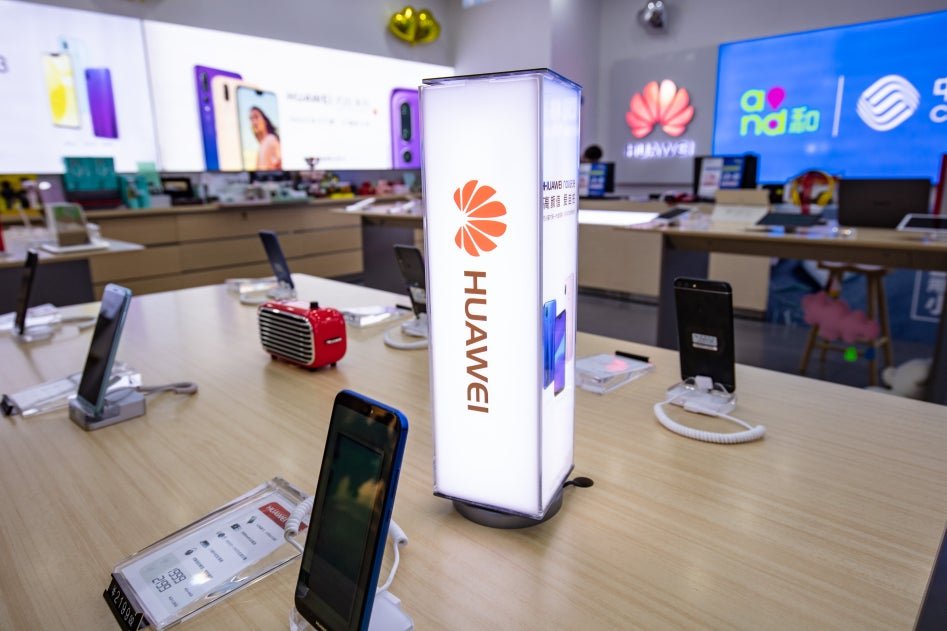In the ongoing global semiconductor dispute, the Chinese government is secretly positioning Huawei Technologies Co. as a key player in creating an independent chip environment. A recent report by Bloomberg reveals the expanded role of Huawei in China’s chip industry, including being the principal chip designer, primary client for chip manufacturers, and offering technical know-how and financial support to smaller firms in the chip supply chain.
Huawei’s involvement often goes undisclosed to avoid potential restrictions from the United States. The extent of state backing for Huawei is unprecedented, with a network of companies aided by an investment fund from the Shenzhen city government. This fund aims to assist Huawei in building a self-sufficient chip network involving optical specialists, chip equipment developers, and chemical manufacturers. Moreover, there is a $30 billion state-run initiative to support Huawei’s chip fabrication facilities construction.
Kendra Schaefer, a partner at Beijing-based consultancy Trivium China, commented, “Huawei is now the centerpoint. The export controls have pushed the state and industry together in a way we haven’t seen before.” However, Huawei denies receiving government assistance for semiconductor technology development, despite anonymous sources stating that the decision to place Huawei at the forefront of China’s chip industry self-sufficiency efforts came directly from the government’s upper echelons.
This development is significant in the context of the global race for semiconductor self-reliance. NVIDIA Corporation CEO Jensen Huang recently projected that it could take the U.S. up to 20 years to gain independence from foreign chip manufacturing. As countries compete for chip independence, the role of companies like Huawei becomes increasingly important.
It is important to note that the article was generated by the GPT-4-based Benzinga Neuro content generation system, which utilizes the extensive Benzinga Ecosystem to create comprehensive and timely stories.





